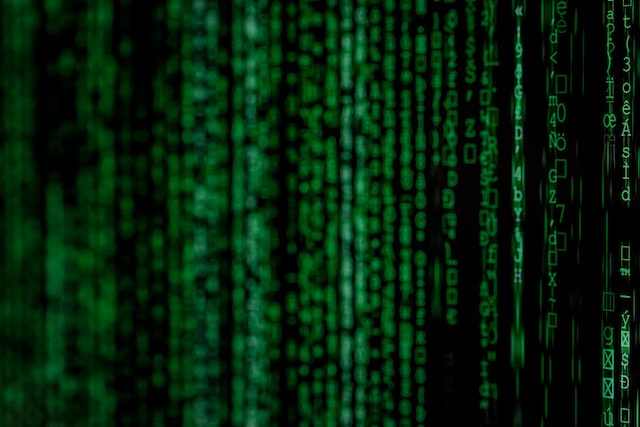If you use any type of device that connects to the Internet, including a desktop, laptop, tablet, or smartphone, you have data that needs protection. The data is all of the files that you store on your devices, like word files, photos, videos, contact’s private info like phone numbers and addresses and so much more.
Most computers built today have a 1 terabyte storage capacity, which is huge but can be filled up quickly. Other people store their files online in the cloud, which has unlimited storage capacity. Regardless of where you have your information, it needs to be protected.
Here’s why: some of your data includes personal finance information, bank account numbers, credit card information stored from shopping online as well as browsing data from the various websites you visit. If it’s a business computer, your data may include business plans, salary information of employees, social security numbers – the list goes on and on. And whether it’s personal data or business data, it’s all sensitive information, and it all needs protection.
A Closer Look at Data Protection
As you would imagine, data protection is a method of protecting sensitive data that is found on all types of devices. It’s so important to protect data that many countries have created laws that require people and businesses to ensure that sensitive data is protected.
In the UK, for example, their Data Protection Act mandates how data is processed and distributed. Laws are not only in other countries; in the U.S., for example, California has passed laws that mimic the EU’s General Data Protection Regulation, and more laws are on the way.
The laws that have been passed have given people new rights and control over their data. For example, you get to control how the information you provide to others can be used. You also have the right to check your data, and if there’s anything that isn’t correct, you can have it corrected. There are also ways you can object to how your data is processed, and in some instances, you can even have it stopped.
Because accuracy is key to ensuring that the data you collect is correct, many organizations and companies use Nuwber, an online tool that verifies and validates a person’s name and location using their phone number or other information. This will help verify that the person providing the information is who they say they are, which helps protect you from being the victim of nefarious activity.
Keeping Data Secure
One of the mandates of the Data Protection Act and other similar laws is that data must be kept private and secure. To do this, many companies use tools to prevent data loss and protect the sensitive data stored on their systems. They include Symantec Data Loss Prevention, Code42, McAfee Total Protection as well as many others.
There are other strategies used by companies and organizations to help keep collected data safe and secure. Many have written comprehensive instructions regarding having a data protection policy in place in order to secure and protect data, as well as having backup systems and having technology and systems in place to prevent a data breach.
There are all types of sensitive data that require protection. This is especially true if the data holder is a healthcare provider or organization, as their requirements are even more stringent.
Compliance
Being in compliance with the Data Protection Act and similar laws is time-consuming, but there are tools available to help IT- professionals. This includes a variety of data protection software and data privacy and data center software, cloud security software as well as backup security software when storing data both on-site and off-site.
Some of the well-known database security software being used includes IBM Security, Oracle Data Safe, and others. To protect data center security, the main software includes Fortinet, Trend Micro Deep Security, and Cisco ACI.
Summary
The laws and rules currently in place to protect data are an important step to keep private information and sensitive data out of the hands of others. The more sensitive the data, the more protections need to be in place. It is critical to maintaining privacy and data integrity in order to keep businesses and organizations from facing financial or legal sanctions
it’s truly sensitive information that requires higher levels of protection. Following the rules outlined in the Data Protection Act and other country’s laws will help to maintain the integrity of the data, and keep the business or organization from facing fines or other legal sanctions.







